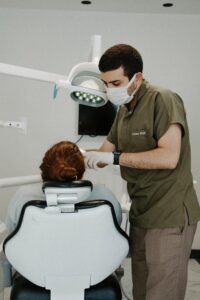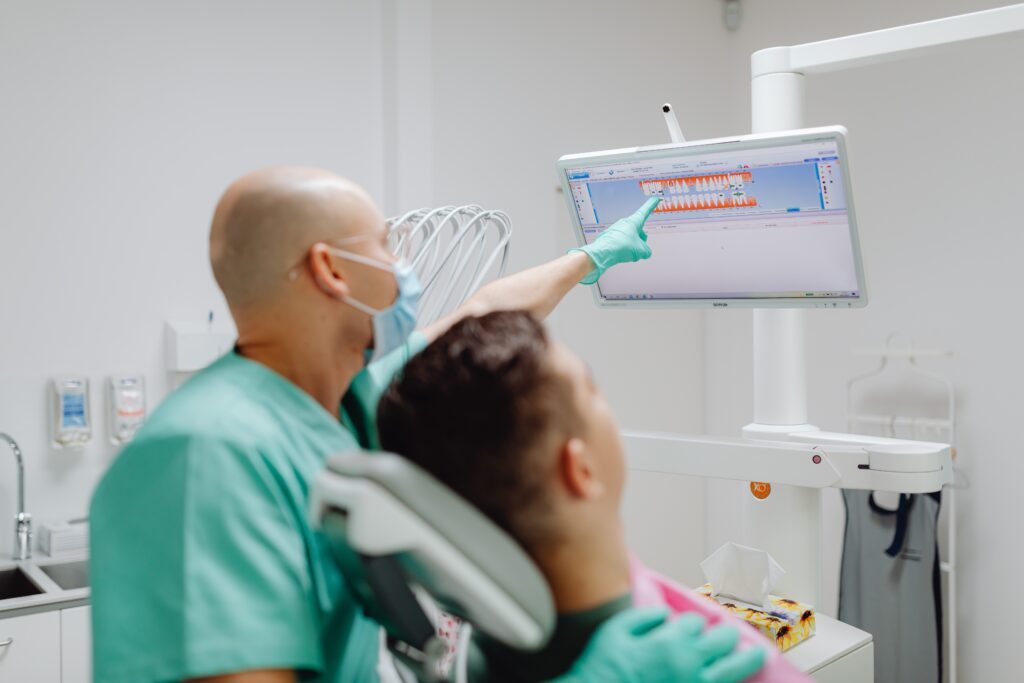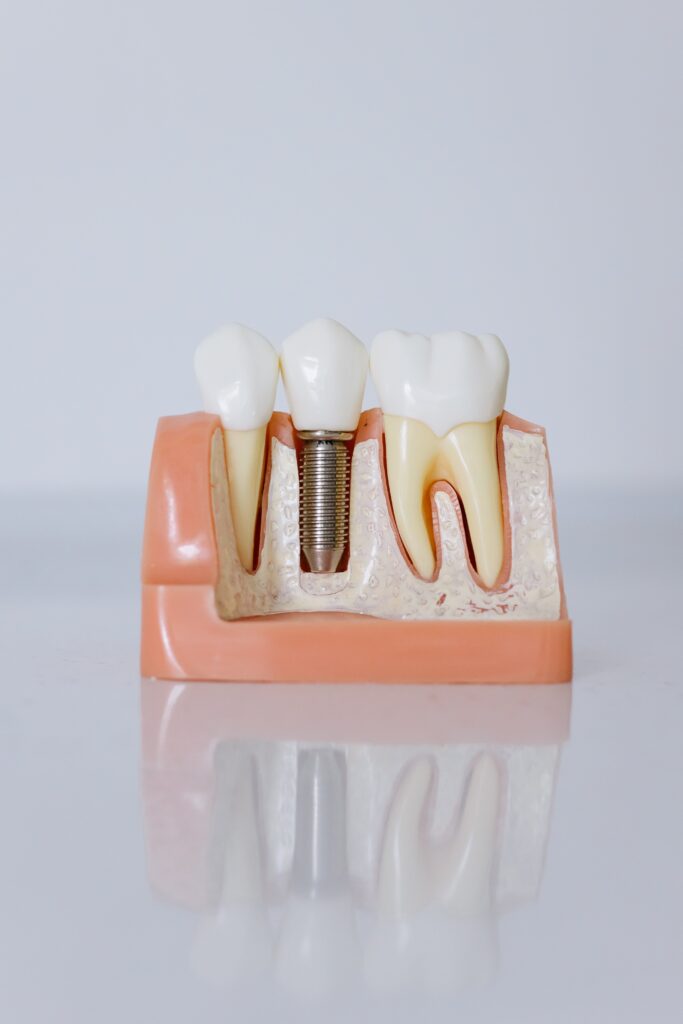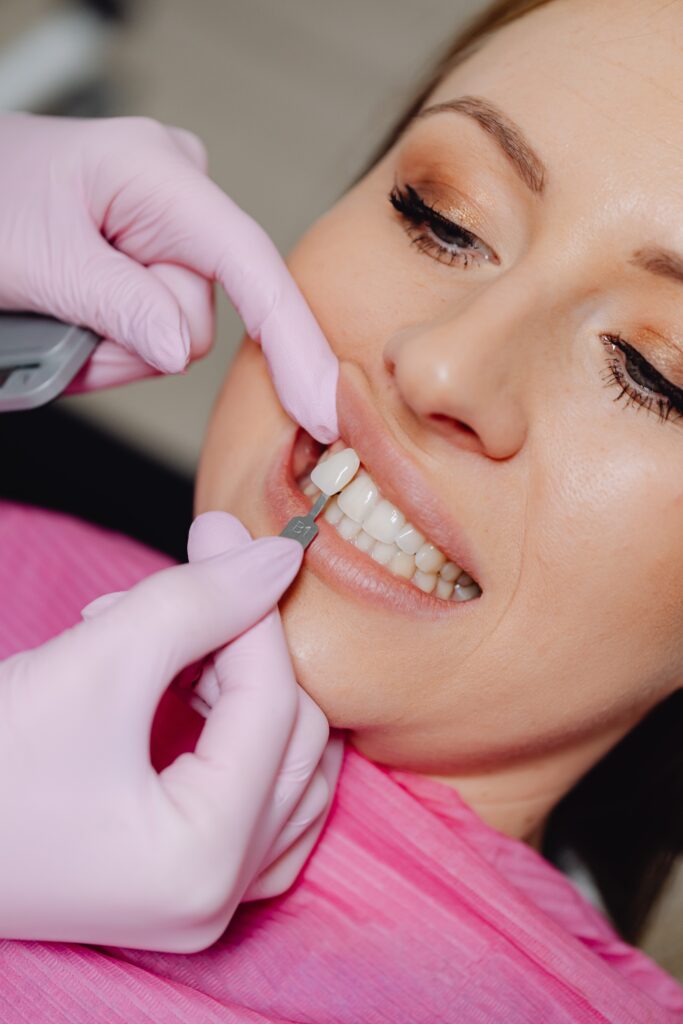The traditional dental care practices primarily focus on diagnosing and treating oral health issues. But if you notice around, there is a growing tendency to look for a more comprehensive approach that takes into account the interconnection of oral health and overall well-being. This comprehensive approach is called holistic dentistry, also known as biological or integrative dentistry. Let us explore the principles and practices of holistic dentistry, and understand its unique perspective and benefits.
Holistic dentistry is based on the principal that oral health and the health of the entire body are both, closely related. It emphasizes the importance of using biocompatible materials and techniques that promote overall wellness, rather than solely addressing dental problems in isolation. Holistic dentists strive to create a balanced and harmonious approach to dental care, by considering the whole person, including their physical, emotional, and environmental factors.
A core principle of holistic dentistry is to avoid the toxic substances commonly found in traditional dental treatments. This includes materials like mercury amalgam fillings and fluoride, which some individuals may be sensitive to or prefer to avoid. Holistic dentists prioritize the use of natural and biocompatible materials that usually do not cause adverse effects or long-term health implications.
Another key aspect of holistic dentistry is the focus on prevention and education. Holistic dentists empower patients by providing education on proper oral hygiene practices, nutrition, and lifestyle factors that can influence oral health. Individuals can better understand the impact of their choices and actively participate in maintaining their oral health, by taking a proactive approach.
Holistic dentistry also takes into account the potential oral-systemic connection. It recognizes that oral health issues can have implications for overall health and vice versa. Be aware – here is an example, gum disease is linked to conditions such as diabetes, cardiovascular diseases, and respiratory problems. Holistic dentists work in collaboration with other healthcare practitioners to ensure comprehensive care that addresses the interplay between oral health and general well-being.
In addition to standard dental treatments, holistic dentistry incorporates complementary therapies and practices to support overall health, such as acupuncture, homeopathy, nutritional counseling, and stress management techniques. By considering the broader aspects of well-being, holistic dentists aim to optimize not only oral health but also the overall health of their patients.
Holistic dentistry is not intended to replace traditional dentistry or emergency dental treatments. Instead, it provides an alternative option for individuals who prioritize a more natural and comprehensive approach to their oral health.
In conclusion, holistic dentistry represents a holistic patient-centered approach to dental care. By considering the interconnectedness of oral health and overall well-being, holistic dentists strive to provide treatments and therapies that promote optimal health and wellness. Whether it’s the use of biocompatible materials, preventive education, or integrating complementary practices, holistic dentistry offers individuals a comprehensive and personalized approach to achieving a healthy smile and a balanced well-being.





